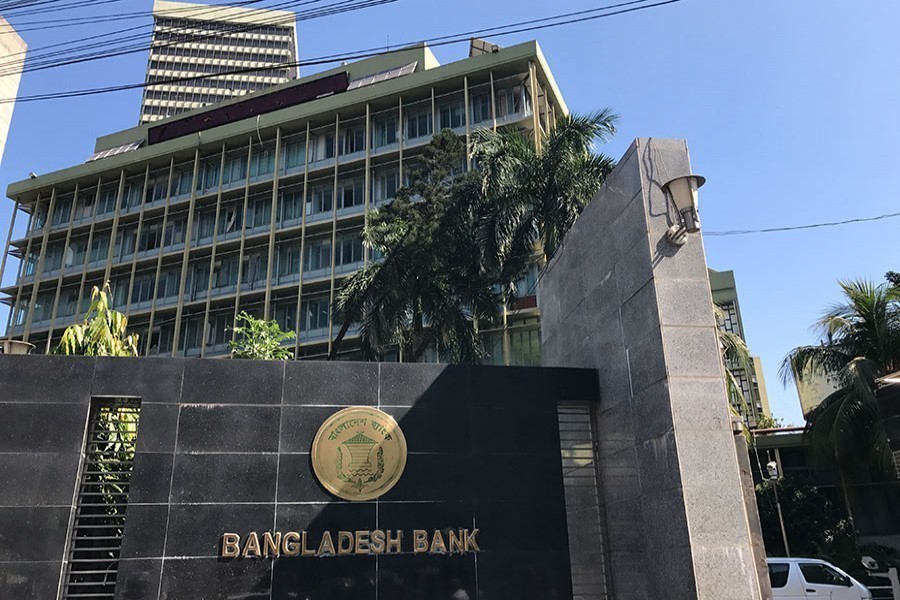The Bangladesh Bank, reportedly, has declined an offer of technical assistance (TA) from the International Monetary Fund (IMF). The TA was intended to deal with a number of banking sector weaknesses including the problem of soaring non-performing loans (NPLs) in the country's banking sector.
The BB does deserve appreciation for declining the TA assistance offer on the ground that the assistance money in many cases, is ploughed back by the donor itself without doing anything tangible. Most part of the money goes into the pocket of so-called consultants, usually, recommended by the donor agencies concerned.
"It's an internal problem of the country. What role will a foreign agency play here?", a high official of the Bank reportedly said.
"The IMF may offer hundreds of advices, but those would have no bearing on the situation unless those are implemented. ...the government wants to employ indigenous formulas in resolving the banking sector problems, including the one concerning NPL. The Bangladesh Bank has started its work in line with that objective. The reform of relevant laws to deal with the wilful defaulters is a part of that agenda", the official said.
While appreciating the spirit demonstrated by the BB in its rejection of the IMF's TA programme, the question that agitates the mind of most people: Has the BB as the banking sector regulator ever showed due determination while dealing with the delinquent section of loan defaulters?
Decades have gone by, but the issue of default loans instead of showing any sign of resolution has become more complex. The banking sector is in a deep crisis because of the unabated rise in NPL. There is a strong suspicion that the real size of the NPL would be much bigger. Some banks, allegedly, have been employing a number of tricks---window-dressing is an over-used tool---to show NPL in reduced volumes. Allegations have it, the BB, coming under pressure, does facilitate such downsizing on occasions. All these practices being irregular in nature have made things more difficult.
The IMF, rightly, has been categorical in suggesting empowerment of the BB to appoint and remove directors of the state-owned banks. The Ministry of Finance now enjoys all the powers in this respect. The central bank has full control over the boards of private banks. The performance of the public sector banks has been worse and most of them are in a dire need of capital injection. The finance minister himself has recently vented his utter frustration over these banks and said 'enough is enough. There will not be spoon-feeding anymore. The state-owned banks will be on their own."
The placement of public sector banks under the control of BB will be a positive step, no doubt, but it is unlikely to ensure anything spectacular. There has to be a notable change in approach on the part of the key regulator. A strong allegation has surfaced lately over the regulator being an onlooker to the violation of the guideline prepared by it for the loan restructuring facility. The BB has not dismissed the allegation until now.
No legal reforms will be of any help unless the relevant parties become faithful in enforcing the laws and rules. There is no scope for being choosy in their application against the violators of banking principles or believing in the adage, 'some (people) are more equal than others'.


